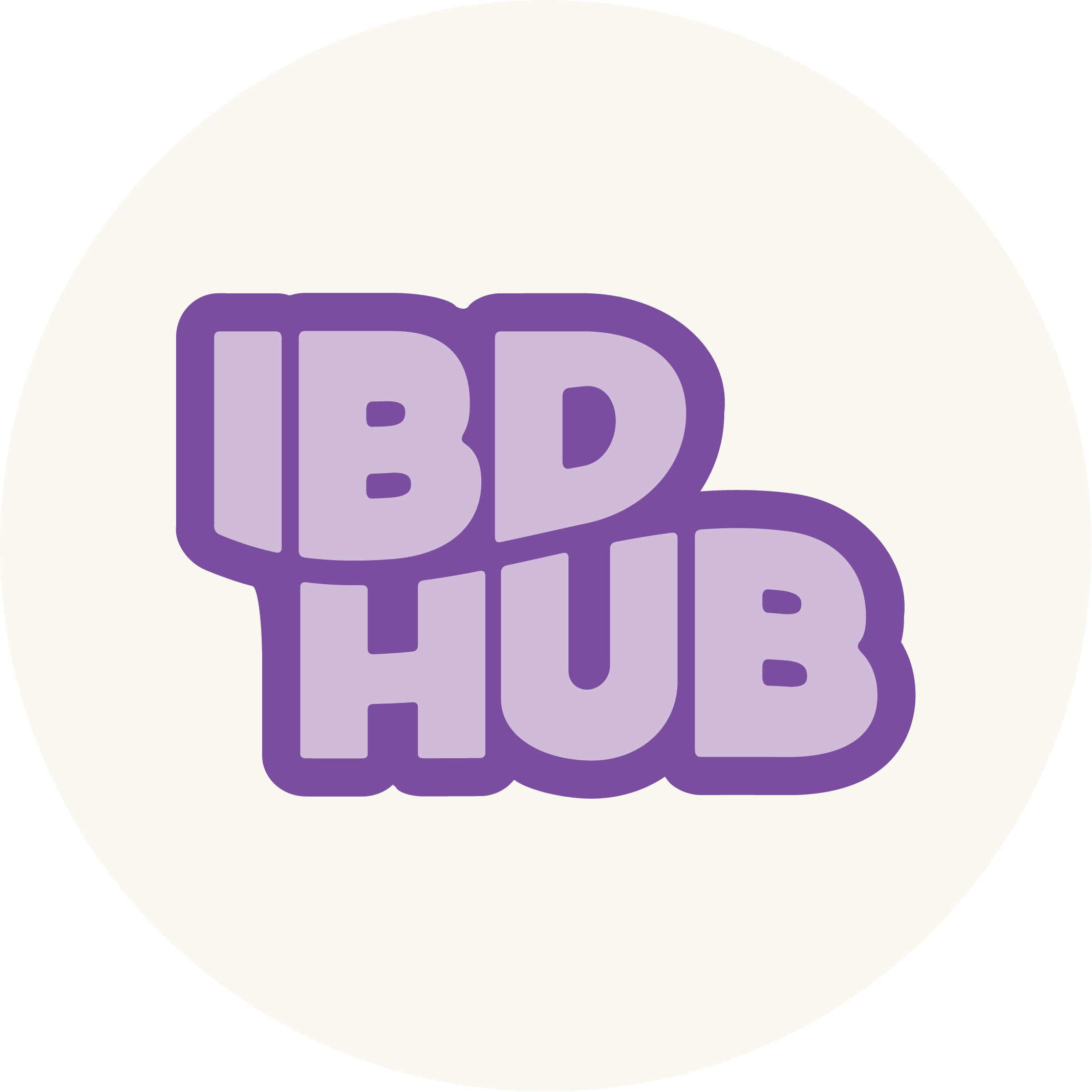Would I wish this disease on anyone? No.
Would I trade it if I could? In a heartbeat.
But has it changed me? Without question.
There’s a strange grief that comes with being diagnosed. It’s not just about symptoms or surgeries. It’s about the before you. The version of yourself that didn’t need to think about hospitals, medications, or inflammation markers. And once you meet the after you, there’s no going back.
Would I undo my diagnosis if I could? Absolutely.
Would I choose this life with the medications, the hospital stays, the constant uncertainty? No.
But here’s the uncomfortable truth I didn’t expect:
IBD has changed the way I live in a way that nothing else ever could.
And I know I’m not alone in that.
The Grief Hits Quietly (But It’s Loud)
No one prepares you for the type of grief that comes with a chronic illness diagnosis.
It’s not just about flares and fatigue.
It’s the realisation that life has changed, permanently. That your old “normal” is gone.
It’s watching everyone else carry on like nothing’s happened, while you’re trying to wrap your head around medical language, treatment plans, and a body you don’t trust anymore.
It’s exhausting.
But Then Something Else Happens...Perspective
Once the dust settles, something shifts.
When you’ve spent enough time in waiting rooms, hospital beds, and mental spirals… you start to see the world differently.
You don’t sweat the same stuff anymore.
You don’t complain about the little things.
And you notice things, I mean really notice them, in a way you never did before.
Sun on your skin. Sitting in a chair without pain. Laughing with people, The ability to eat. The ability to walk. The ability to wake up without planning your day around a toilet.
You start to live more intentionally.
IBD Didn’t Just Strip Me Back, It Rebuilt Me.
I’m not saying I’m glad it happened.
But I am saying it cracked me open.
IBD has made me more patient, with myself and with others.
It’s made me braver. Not in the cliché “chronic illness warrior” way. But in the still living my life to the fullest kind of way.
It’s made me stronger, but not because I wanted to be. Because I had to be.
I don’t fear discomfort like I used to. I’ve met it up close. I’ve lived in it.
And it’s made joy hit different. Rest feel earned. Relationships feel deeper.
The old me would’ve called this growth.
The current me just calls it survival with side effects
The Morbid Upside? I’m Checked. Monitored. Watched.
Here’s something no one talks about:
Getting diagnosed means your health is on the radar.
Bloodwork. Colonoscopies. Monitoring. Risk reduction.
I know my body better now than I ever did before, because I’ve had to.
I don’t skip checkups. I don’t ignore symptoms. I don’t put health last.
And while I’d never call IBD a blessing, I will say this:
A lot of people don’t know something’s wrong until it’s too late. At least now I know that I am more resilient than I ever thought I was.
I Live More Now, Because I Know What It’s Like to Lose That Option
There’s something about being stuck in a hospital, scrolling through photos of your life, that shifts things.
You think about the dinners you missed. The walks you didn’t go on. The people you were too tired to text back.
You think about movement, not just in the gym sense, but the ability to go. To move. To participate.
So when you get that back, even a little, you don’t waste it.
You go. You eat the damn meal. You show up to the thing. You don’t wait for the perfect time.
Because you know it might not always be there.
And You? You Probably Get It Too
If you’re reading this and living with IBD, or any chronic condition, there’s a good chance you’ve felt this too.
You might not be grateful for your diagnosis. But you might be grateful for what it’s taught you.
About resilience. About presence. About perspective.
You’ve been cracked open too.
And maybe you’re still piecing yourself back together.
But I’ll bet you’ve changed and not just in the medical records kind of way.
You see things differently now.
You feel things differently now.
And no, it doesn’t make the disease any easier. But it does make the moments of health, however brief, feel like gold.
Final Thoughts?
I don’t romanticise illness. And I’ll never thank IBD for the pain it’s caused.
But I also won’t deny this:
It’s taught me how to live.
How to notice. How to feel. How to stop coasting.
I wouldn’t choose this path. But I am choosing to live well within it.

